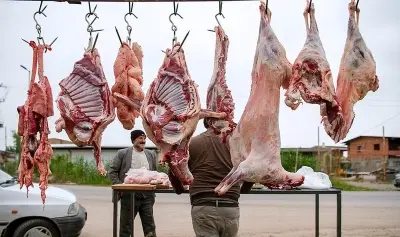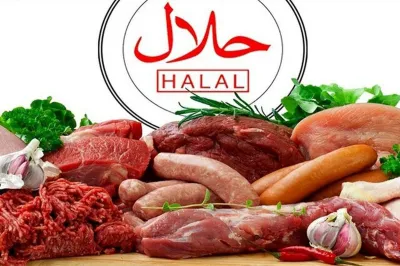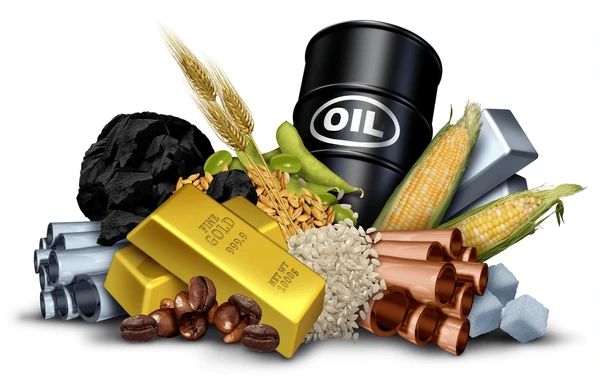


Directory of meat suppliers in Saudi Arabia
 ghurmallah al zahrani13 months ago
ghurmallah al zahrani13 months ago ProfileMeat, Canned Foods, Tea And Coffee, Nuts, Pickles, Livestock, Vegetables, Fruit, Chickens And Poultry, Animal Feed, Industrial Crops
ProfileMeat, Canned Foods, Tea And Coffee, Nuts, Pickles, Livestock, Vegetables, Fruit, Chickens And Poultry, Animal Feed, Industrial Crops




 ProfileMeat, Canned Foods, Tea And Coffee, Nuts, Pickles, Livestock, Vegetables, Fruit, Chickens And Poultry, Animal Feed, Industrial Crops
ProfileMeat, Canned Foods, Tea And Coffee, Nuts, Pickles, Livestock, Vegetables, Fruit, Chickens And Poultry, Animal Feed, Industrial Crops